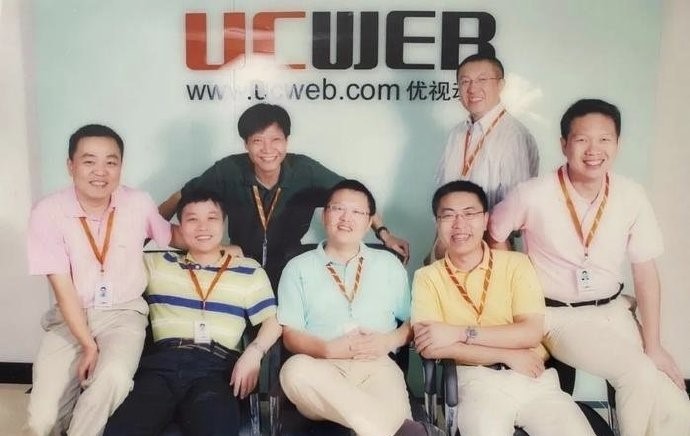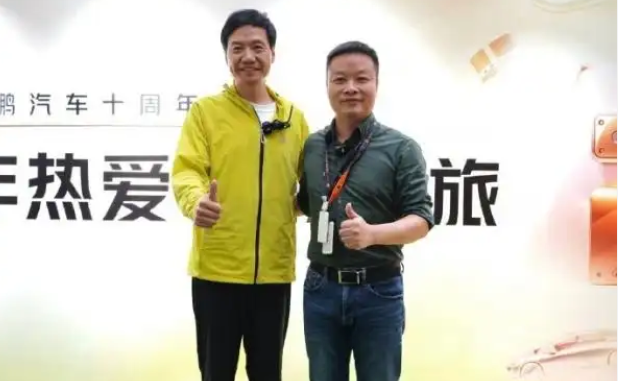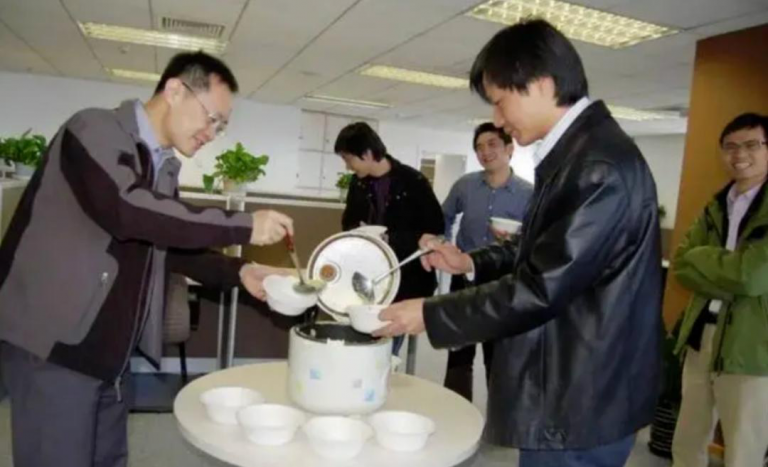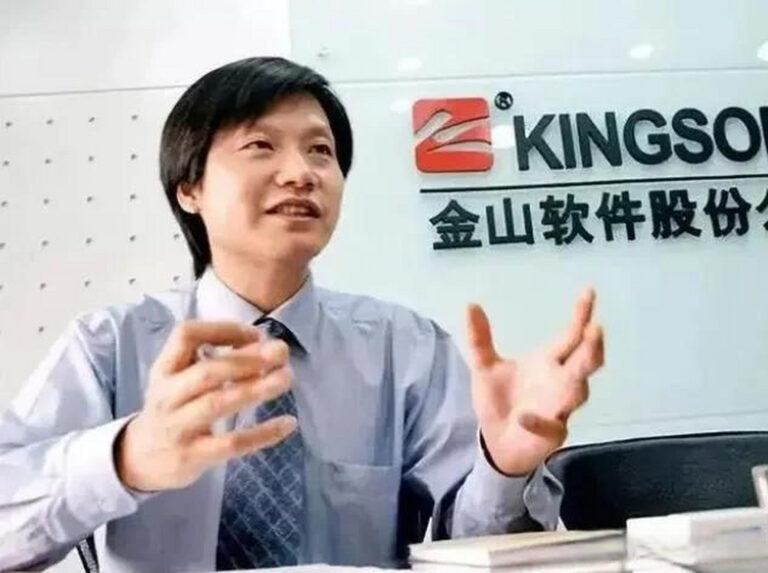Lei Jun Investment Strategy: How the CEO of Xiaomi Earned $20 Billion Through Investments
When discussing Lei Jun biography, most people know him as the founder of Xiaomi and the former CEO of Kingsoft. However, the phase of Lei Jun investments between Kingsoft and Xiaomi is also a crucial chapter in his entrepreneurial journey, shaping his vision, network, and understanding of the tech industry landscape.
This article will take you deep into Lei Jun investment philosophy and strategies, offering valuable insights drawn from his real-life investment cases.

Why did Lei Jun choose angel investment to lay out his future?
“Investment is like training troops and sharpening knives,” Lei Jun once explained his investment logic. After leaving Kingsoft in 2007, he made angel investments in nearly 20 companies, focusing on the three major fields of mobile internet, e-commerce, and social networking, and finally achieved a market valuation of $20 billion. These investments were no accident but rather “preemptive moves” for his subsequent entrepreneurship. His childhood love for Go made every step of his investment highly strategic, with no waste of resources.
When investing, does Lei Jun value the project more or the person?
The answer is “people.” Lei Jun firmly believes that “investment is about investing in people,” and people are the decisive factor. In 2004, Zhu Linan from Legend Capital (formerly Legend Holdings) asked Lei Jun about Sun Taoran. Although Lei Jun was not clear about Sun Taoran’s specific plan at that time, he was impressed by Sun’s pragmatic and low – key style and decisively became the first angel investor in Lakala. He admitted in his blog: “At that time, I really didn’t understand what he wanted to do, but I still decided to invest without hesitation.”
During the development of Lakala, Lei Jun always respected the entrepreneur’s judgment. During the second round of financing in 2007, Sun Taoran insisted on a valuation twice that of Lei Jun’s expectation. Lei Jun said: “You run the company. If you think this valuation is right, we will support you.” This attitude of “offering help without causing trouble” has become a distinctive label of his investment.
How does Lei Jun judge a “worthwhile” market?
“From a business perspective, you have to choose lucrative markets and abandon small ones,” this is key advice Lei Jun investment gives to entrepreneurs. In 2005, Li Xueling proposed to develop an RSS blog subscription product. Lei Jun directly opposed it: “Less than 5% of people write blogs, and less than 1% need blogs. Why should we focus on a 1% market?” He was more optimistic about the game information field. At that time, game manufacturers had a strong willingness to place advertisements, and the successful listings of Shanda and The9 also confirmed the potential of the industry.
Finally, with a $1 million investment from Lei Jun, Li Xueling founded Huaduo Technology, focusing on the game information website “Duowan Network”. The subsequent YY Voice, derived from it, became a benchmark for real – time interactive communities, confirming Lei Jun’s accurate judgment of “lucrative markets”.
What are the specific layouts of Lei Jun investment projects?
To help readers clearly and intuitively understand Lei Jun investment projects, this article presents the main investment projects in tabular form.
| Lei Jun Investment Project | Lei Jun Investment Time | Investment Background and Process | Development Achievements |
| Lakala | The end of 2004 | Trusting Sun Taoran, he invested without a clear understanding of the project details and helped Lakala secure the first round of financing of $2 million (including investment from Legend). | It transformed from a bank electronic bill service to a convenient financial service, relying on a network of convenience stores to become an important force in third – party payment. It completed the second round of financing of $8 million in 2007. |
| Duowan Network (Huaduo Technology) | April 2005 | Invested $1 million to support Li Xueling. Initially, it promoted both game information and RSS subscription tools, and later focused on game information. | Duowan Network surpassed 17173 to become the top Chinese game website. The derived YY Voice became a real – time interactive platform with millions of users, with a valuation exceeding $1 billion in 2011. |
| UCweb (Youshi Dongjing) | November 2006 | Optimistic about the mobile internet trend, he invested 4 million yuan and promoted Yu Yongfu to join the team to solve the shortcomings of the purely technical team. | It became a mainstream mobile browser, with monthly user growth of 30%. It completed $10 million in financing in 2007 and has a number of patents. |
| Vancl | 2007 | Invested out of trust in Chen Nian and helped quickly secure $70 million in start – up funds (including institutions such as IDG and Ceyuan Ventures). | It rose with the “internet + clothing” model. The “Vancl style” triggered a phenomenal spread, and it received 6 rounds of total $422 million in investment within four years. |
| Letao Network | Around 2008 | Persuaded Bi Sheng to enter e – commerce, connected Ceyuan Ventures for investment, and supported its transformation from selling toys to selling shoes. | It grew into the largest footwear e – commerce platform in China, with over 400,000 registered members. Lei Jun guaranteed financing and optimized the customer service system when it was in trouble. |
| iSpeak | The end of 2007 | Co – invested with Zhou Hongyi, recognizing the value of online group voice chat. Although Li Xueling was not optimistic at first, its subsequent development confirmed its value. | The number of simultaneous online users increased from several thousand to 50,000, indirectly inspiring the birth of YY Voice. |
| ZMI Technology | Around 2012 | Noticing the potential of the mobile power market, he invested in ZMI Technology to lay out the peripheral accessories ecosystem. | ZMI has become an important manufacturer of mobile power supplies and peripheral products in Xiaomi’s ecosystem. Its products occupy a large market share with high quality, providing Xiaomi users with a variety of accessory choices. |
| Smartmi Technology | 2014 | With the rise of the smart home concept, Lei Jun invested in Smartmi Technology, focusing on the smart home appliance field. | Smartmi launched a variety of smart air conditioners, air purifiers and other products, which are popular with consumers for their intelligence and high quality, promoting the improvement of Xiaomi’s smart home ecosystem. |
| Ninebot | Around 2015 | Seeing innovation opportunities in the short – distance transportation field, he invested in Ninebot. | Ninebot’s balance bikes, electric scooters and other products have achieved great success in the global market, changing people’s short – distance travel methods, and the products are sold to many countries and regions. |
| Roborock | 2015 | Laying out the smart cleaning field, he invested in Roborock to develop smart floor – cleaning robots. | Roborock’s floor – cleaning robots stand out in the floor – cleaning robot market with excellent cleaning ability and intelligent navigation technology, becoming one of the leading brands in the industry. |
| XPeng Motors | 2016 – 2017 | With the rise of the new energy vehicle wave, Lei Jun participated in multiple rounds of financing of XPeng Motors. | XPeng Motors has continued to develop in the new energy vehicle manufacturing field, launching a number of popular models, making significant progress in autonomous driving technology, and becoming an important force in China’s new energy vehicle sector. |
What is the core principle of Lei Jun investment?
“To be an angel investor, you must abandon control, both in terms of equity control and mental control.” This is Lei Jun investment credo. He never pursues absolute control over invested enterprises, but adheres to the principle of “offering help without causing trouble”: he let Sun Taoran try and make mistakes in Lakala’s financing, supported Chen Nian in adjusting Vancl’s business model, and allowed Bi Sheng to independently transform Letao’s business direction.
This trust stems from his insight into human nature and the wisdom of “going with the flow”. As he said: “The trend is there, and it’s much easier to rush down from the mountain.” Lei Jun investment is not only the injection of capital, but also the transmission of experience and the connection of resources, ultimately making investment the cornerstone of his “return to entrepreneurship after numerous battles”.
Information Source Note:
This article is entirely based on “The Biography of Lei Jun: Standing on the Tipping Point” by Chen Run. All Lei Jun investment cases (including Lakala, Duowan, UCWeb, Vancl, Letao, iSpeak, etc.), principles and details mentioned are excerpted from this book.






